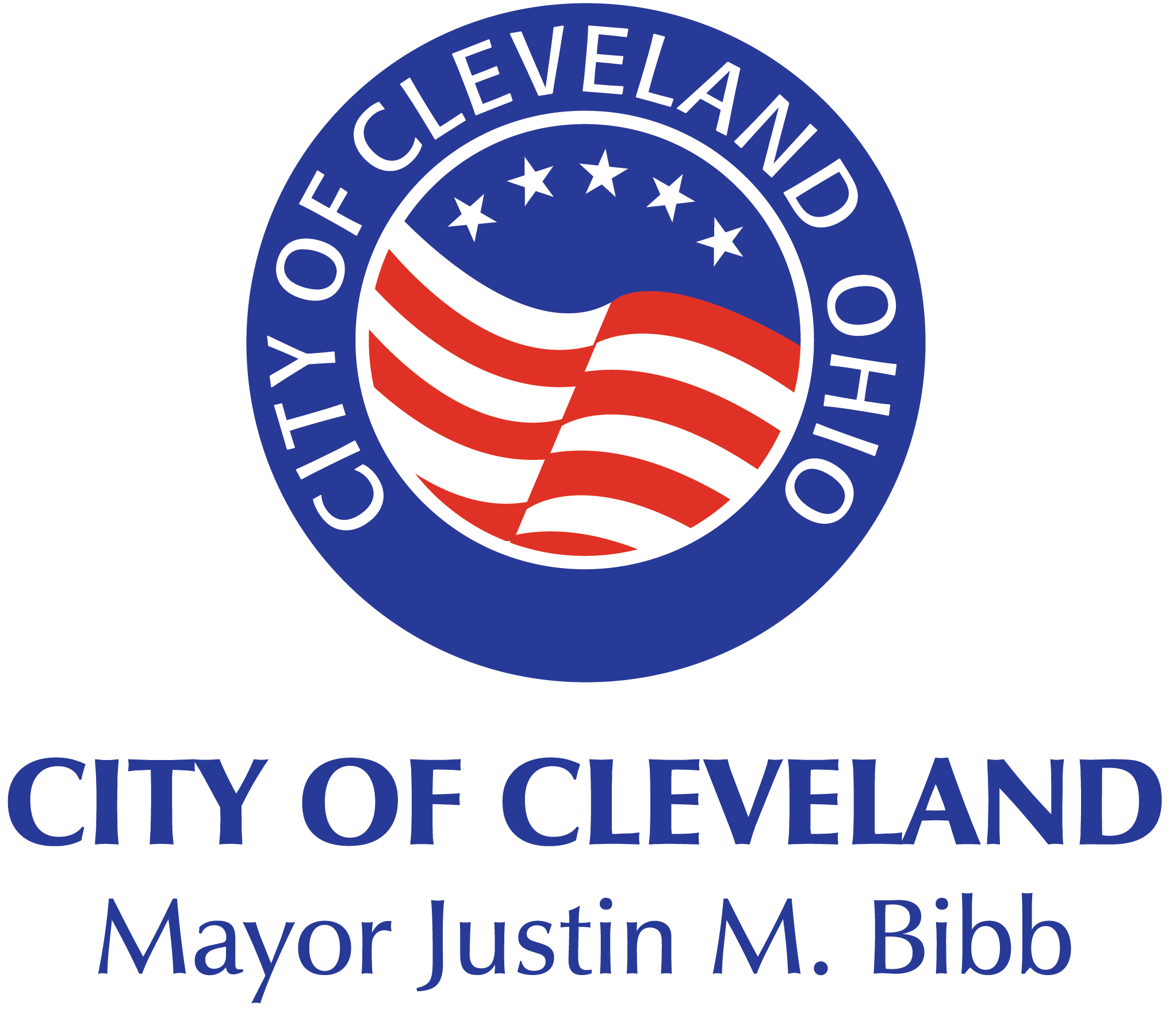 The City of Cleveland is actively exploring strategies to foster energy independence, enhance infrastructure, and stimulate economic growth. This includes the development and implementation of a Building Performance Standard (BPS) to enhance health and energy efficiency in its existing buildings. To gather valuable input, MEEA and the City of Cleveland are hosting a BPS stakeholder engagement and feedback process in 2025. Below, you'll find more information, including ways to get involved to help shape the future of Cleveland.
The City of Cleveland is actively exploring strategies to foster energy independence, enhance infrastructure, and stimulate economic growth. This includes the development and implementation of a Building Performance Standard (BPS) to enhance health and energy efficiency in its existing buildings. To gather valuable input, MEEA and the City of Cleveland are hosting a BPS stakeholder engagement and feedback process in 2025. Below, you'll find more information, including ways to get involved to help shape the future of Cleveland.
Your input is essential and we strongly encourage your participation in this process.
- What is a BPS?
A Building Performance Standard (BPS) establishes target performance thresholds for existing buildings aimed at reducing the city’s emissions. BPS have become a popular policy mechanism for municipalities and states to reduce energy use and operational costs in existing buildings. Over a dozen U.S. cities have passed a BPS, including St. Louis, MO and Evanston, IL, with dozens more under consideration.
- What are the benefits of a BPS?
A BPS can improve building efficiency, resulting in cost and time savings, enhanced occupant satisfaction, and extended building lifespans. It can also help delay turnover and maintenance costs, while providing greater safety and control for building operators, enabling them to perform their duties more effectively. BPS also can improve overall durability and resilience in buildings, leading to improved comfort and health for building occupants.
- I am a building owner/manager. How will a BPS affect me?
The specifics of the BPS and which buildings it will affect are still undetermined at this time. The process of determining a BPS includes considering factors like building type, size, and other variables, and may affect only a small percentage of the city’s buildings—those with the highest emissions. Implementing a BPS could involve establishing systems for tracking data to ensure these thresholds are met in eligible commercial and multifamily residential buildings. Cleveland envisions that a voluntary period will take place prior to enacting full BPS requirements.
- Will support be available for BPS implementation?
The City expects that technical assistance and resources will be made available to support the implementation of any new BPS. Feedback from the stakeholder engagement process will help determine the types of assistance needed.
- How would a BPS impact the goals outlined in the Cleveland Climate Action Plan (CAP)?
Cleveland’s CAP has goals for commercial and residential buildings to achieve net zero emissions by 2050, for the built environment to fully embrace a circular economy by 2035, and to make existing commercial and residential buildings more comfortable, healthy, and energy efficient. A BPS specifically aligns with and helps meet the following 2025 CAP actions:
- Establish baselines for energy and water use among Cleveland’s commercial and residential buildings.
- Provide education sessions to help building owners and managers understand how they can make their properties more efficient and cost effective.
- Explore the creation of local incentives for building owners and developers to promote energy and water efficiency for existing commercial and residential buildings.
- Engage professional partners to offer deeply discounted audit programs that assist building owners to complete building retrofits for energy efficiency and decarbonization.
- Create and implement a building performance standard policy to ensure compliance for commercial buildings in Cleveland.
- Work with local partners to increase the number of contractors trained and certified in building decarbonization.
- Additional Resources
- BPS FAQ (link coming soon)
- BPS Case Studies (link coming soon)
- The Cleveland Climate Plan (CAP)
- The Cleveland Municipal Action Plan (MAP)
- Cleveland Office of Sustainability & Climate Justice
- Cleveland 2030 District Events
- Get Involved
Engaging stakeholders and eliciting meaningful feedback will be crucial in the development of BPS policies and support.
- Feedback Form
- Stakeholder Steering Committee
- Meeting 1 - April 17, 2025
- Meeting 2 - May 6, 2025
- Meeting 3 - June 4, 2025
- Meeting 4 - June 26, 2025
- Sign up for update emails